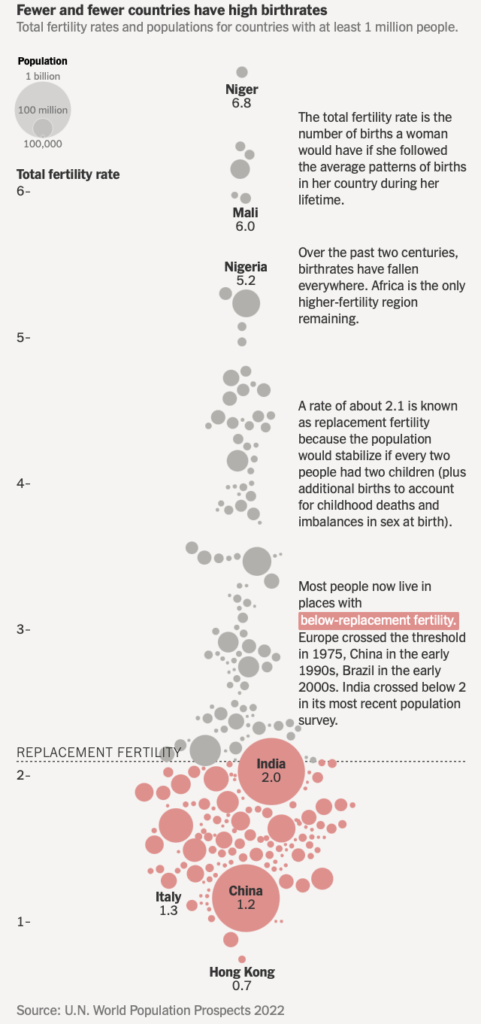
There is good news about human population. Access to voluntary family planning and to safe abortion services has not only helped women achieve their goals, but also helped slow our retreat from sustainability.
Dr. George Denniston wrote that people in Mexico have experienced “…a real miracle! Women going from having 5 kids to just 2 kids in 20 years, thanks to soap operas.” His wife, Martha (now deceased) helped see the value of telenovelas (“soap operas”) to entertain and educate people about the advantages of small families. Thanks to the Population Media Center, millions of people in 50 countries are healthier, have less risk of HIV and have learned the importance of preventing unintended births.
Mexico has established excellent programs to decrease adolescent pregnancies. Teens would be most hurt by having a child too early in their lives. One program almost halved the teen pregnancy rate in just 4 years!
There is more good news: last month the Mexican supreme court decriminalized abortion. This decision stated: “… laws prohibiting the procedure are unconstitutional and violate women’s rights….” This is surprising since the majority of Mexicans are Roman Catholic.
Mexico is following a trend throughout Latin America propelled by the “green wave” of abortion-rights activists. In the past many countries in this area have had strict antiabortion laws, but that is beginning to change. In 2021 Argentina started the trend to allow abortion on request, followed by Columbia and Mexico. Globally, 50 countries have liberalized their abortion laws since 1994, and only 4 have decreased access to safe abortion services—including the USA.
Fertility is decreasing all over the world. The replacement Total Fertility Rate, which will lead to a steady population eventually, is an average of 2.1 children born per woman. That’s one child to replace the woman and the second for the man, plus a fraction for children who don’t live to reproduce. However, due to “population momentum”, the population of a country will continue to grow for a few decades after its TFR has dropped to 2.1.
50 years ago, the worldwide TFR was 4.4; now the global TFR is an amazingly low 2.3! We are getting closer to the goal of 2.1 replacement fertility. Already there are several countries that have shrinking populations, including Japan and the giant, China. In fact, the TFR is less than 2.1 in 124 countries out of the UN’s list of 240. One factor that has contributed to this fertility decline is that more than 100 million people around the world use long-acting reversible contraception—like intrauterine devices (IUDs).
Population growth is slowing down. The annual increase in global population is decreasing from a high of 92 million people in 1990 to 70 million or fewer during the past 3 years. In addition, we have reached “peak child”. We will probably never have as many children on the planet as we have now.
What is amazing is that this decrease in fertility has been done without coercion. The major factors that have permitted this are: increasing the availability of effective contraception, women’s education, and decreasing patriarchy. There is one other wonderful factor which is seldom touted, but which is worth celebrating. The mortality rate of young children has been halved over the past 30 years. People choose to have smaller families when they know their children are likely to survive.
Don’t get me wrong—we are still far from having a human population that fits sustainably on Earth! This is a progress report, not a final account of the effect of family planning on protecting the planet.
©Richard Grossman MD, 2023